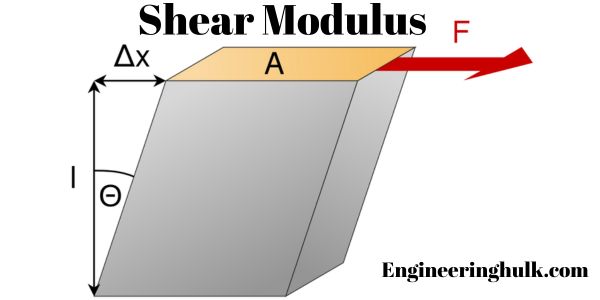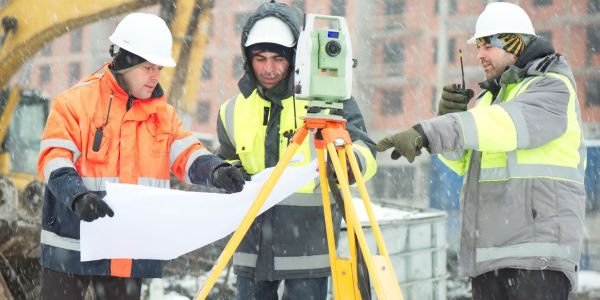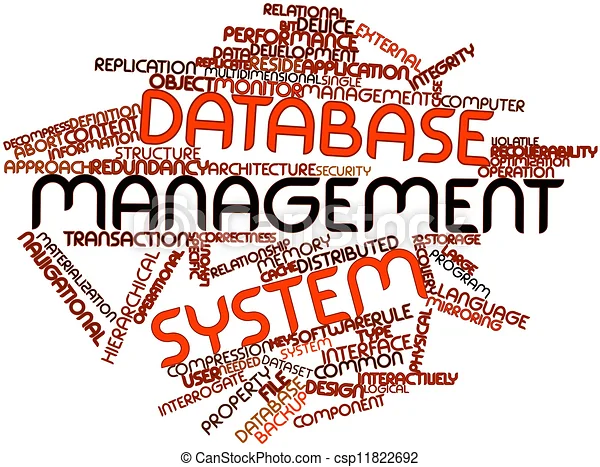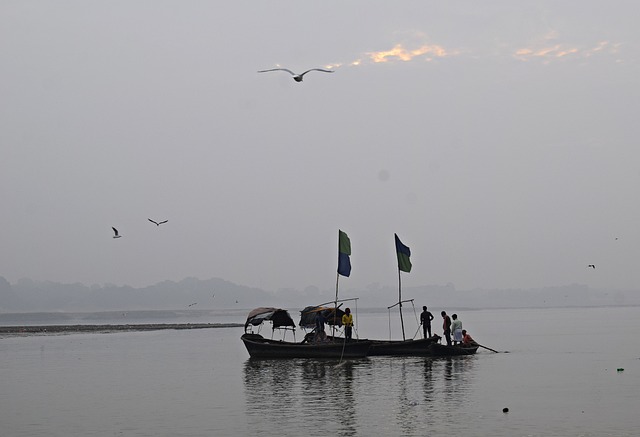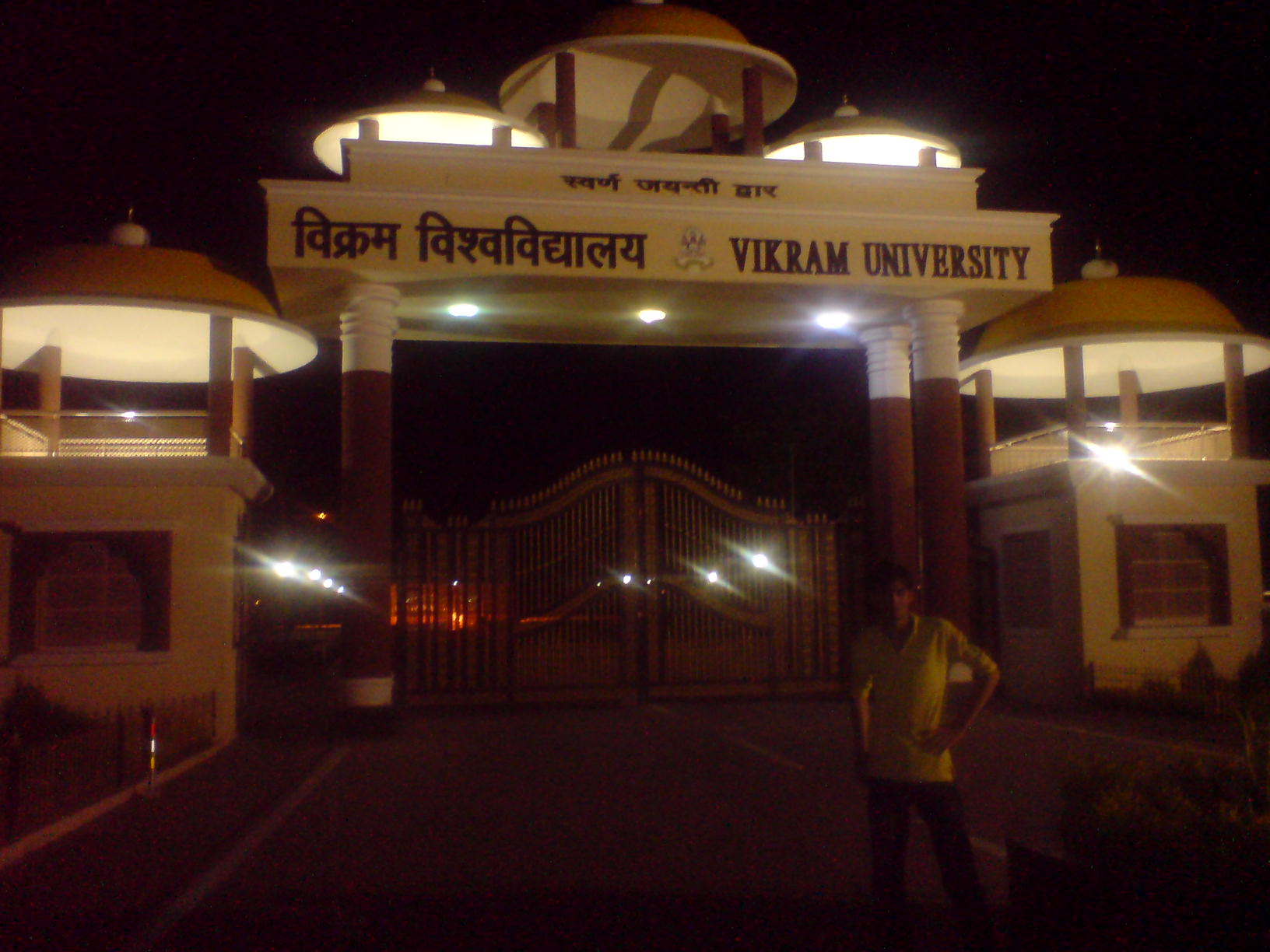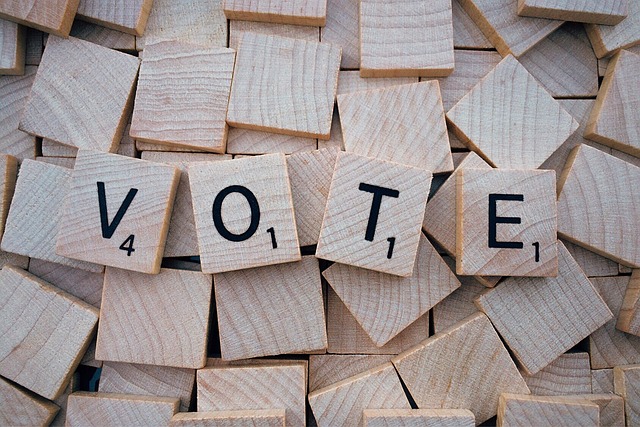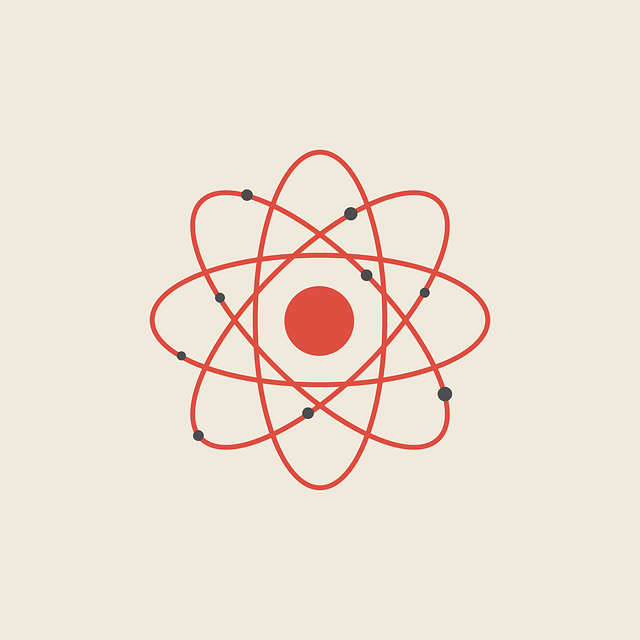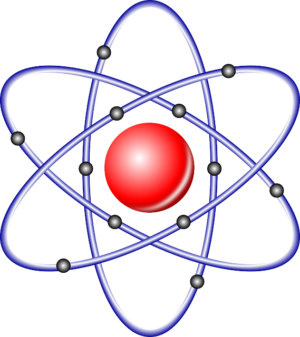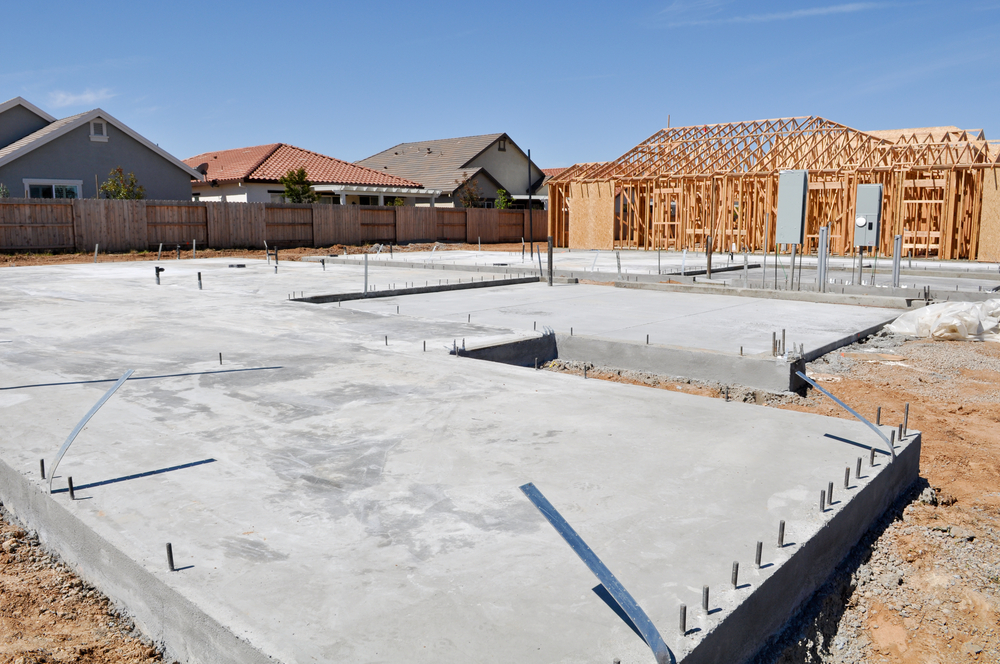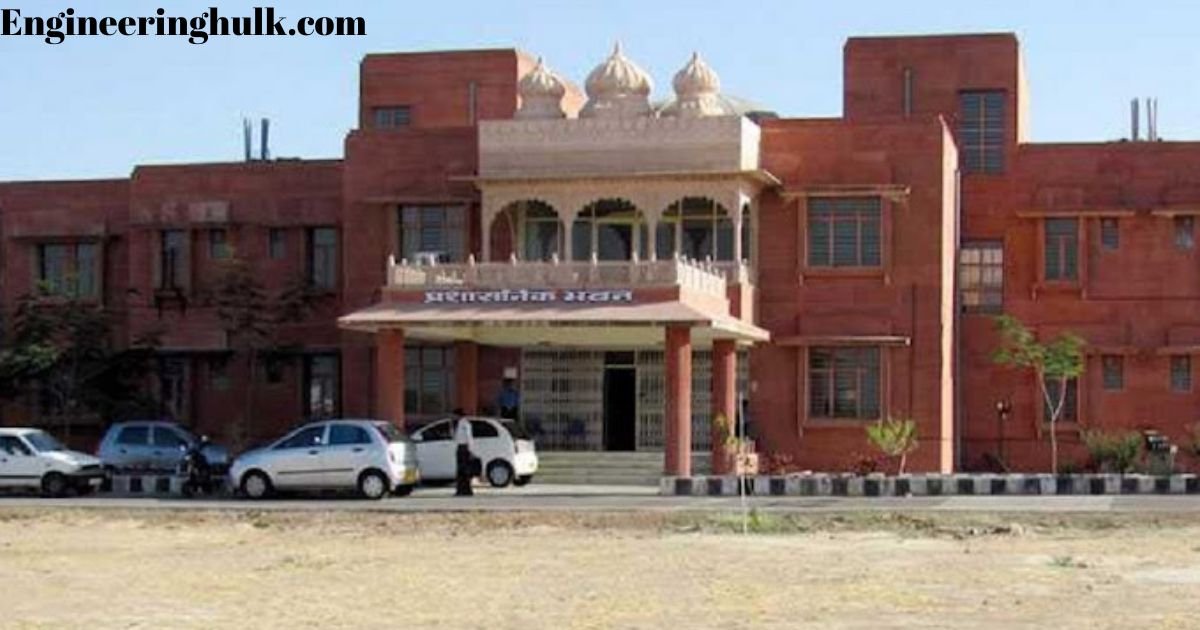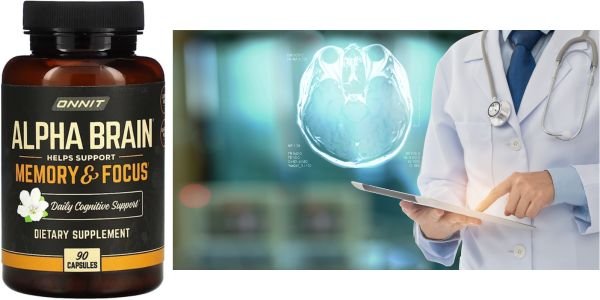Table of Contents
Voting is an essential right of every Indian citizen. It is an act of participating in the democratic process of electing our leaders who will represent us at various levels of government.
How to Vote?
Step 1: Register to Vote
The first and most crucial step in the voting process is to register yourself as a voter. You can register yourself either online or offline. Online registration is available on the official website of the Election Commission of India (ECI). You can also register offline by visiting your nearest electoral office. To register, you need to fill up the required forms and submit your identification documents and a passport-size photograph. Once your application is processed and approved, you will receive your voter ID card.
Step 2: Check Your Name in the Electoral Roll
After registering, it is essential to check whether your name appears on the electoral roll or not. The electoral roll is a list of all eligible voters in a particular constituency. You can check your name on the ECI website or by visiting your nearest polling station.
Step 3: Know Your Constituency
India is divided into 543 parliamentary constituencies, and each constituency has one representative in the Lok Sabha, the lower house of the Indian Parliament. Before voting, it is crucial to know your constituency and the candidates contesting from that constituency. You can find this information on the ECI website or by contacting your local electoral office.
Step 4: Know Your Candidates
It is crucial to research the candidates who are contesting from your constituency. You can do this by attending public rallies, or debates or by reading about the candidates in the news or on social media. This will help you understand their ideologies, policies, and what they plan to do if they get elected.
Step 5: Cast Your Vote
On the day of the election, visit your nearest polling station with your voter ID card. After verifying your identity, you will receive a ballot paper. Mark your vote by placing a stamp next to the name of the candidate you wish to vote for. Fold the ballot paper and put it in the ballot box. You have now cast your vote!

What is the place of voting in India?
The place of voting in India is usually a designated polling booth or voting center that is determined by the Election Commission of India (ECI) for each election.
Before an election, the ECI releases a list of polling booths for each constituency. These polling booths are usually located in public places such as schools, community centers, and government buildings.
Registered voters are assigned a specific polling booth based on their residential address, and they are required to cast their vote at that particular polling booth on the day of the election.
The polling booth location may vary from one election to another, so voters should check their polling booth location before each election. This information can be obtained from the ECI website, voter ID card, or through the voter helpline.
what is the Voting Process at Polling Booths in India?
The voting process at a polling booth in India using Electronic Voting Machines (EVM) typically involves the following steps:
Identification: The voter is required to produce a valid identity proof document like a voter ID card or Aadhar card for identification.
Verification: The polling officer checks the voter’s name in the electoral roll and verifies their identity.
Ballot Paper: Once the voter’s identity is confirmed, they are given a ballot paper with the list of candidates and their party symbols.
Voting: The voter enters the polling booth and presses the button next to the candidate of their choice on the EVM. A beep sound confirms the vote is cast.
Verification Slip: After the vote is cast, a printed slip is generated by the EVM that shows the candidate selected by the voter. The voter can verify the slip and ensure that their vote has been recorded correctly.
Deposit: The voter then deposits the verification slip in a sealed box and leaves the polling booth.
It’s important to note that in the current process of using EVMs, the voting machines don’t have the capability of connecting to the internet, and the vote count is done manually in front of the polling agents of candidates. This ensures transparency and maintains the integrity of the voting process.
Voting is a very crucial right and responsibility of every Indian citizen. It is essential to register yourself as a voter, know your constituency and the candidates, and cast your vote on election day. Remember, every vote counts and can make a difference in shaping the future of our country. So, exercise your right to vote and make your voice heard!
FAQ’S
What are the eligibility criteria to vote in India?
To be eligible to vote in India, you must be a citizen of India, at least 18 years old on the qualifying date, and have valid identity proof like a voter ID card or an Aadhaar card.
Can I vote if I am an NRI (Non-Resident Indian)?
Yes, as an NRI, you can vote in Indian elections if you are a registered voter and fulfill the necessary requirements. The Election Commission of India introduced the option of proxy voting for NRIs in 2019, allowing them to appoint a proxy to vote on their behalf.
What documents do I need to carry when I go to vote?
When you go to vote, you need to carry your voter ID card or any other valid photo identity proof issued by the government, such as a passport, driving license, PAN card, or Aadhaar card.
How can I find out if my name is on the voter list?
You can check if your name is on the voter list by visiting the Electoral Registration Officer’s office in your constituency, by using the online portal of the Election Commission of India, or by sending an SMS to a designated number with your EPIC (Electoral Photo Identity Card) number.
Can I vote if I am currently residing in a different state from my place of registration?
es, you can vote in a different state from your place of registration by enrolling as a voter in the new location. You can apply for a transfer of your voter registration through Form 6 on the Election Commission’s website or by visiting the local Electoral Registration Office.
Are there any specific guidelines regarding campaigning on the day of voting?
No, campaigning is prohibited on the day of voting. The Election Commission sets specific guidelines to ensure a free and fair election process, and these guidelines include restrictions on campaigning activities on the day of voting.
Can I vote if I have lost my voter ID card?
Yes, you can still vote even if you have lost your voter ID card. You can present other valid photo identities proofs like a passport, driving license, PAN card, or Aadhaar card to exercise your right to vote.
Is voting compulsory in India?
Voting is not compulsory in India. It is a right bestowed upon every eligible citizen, and it is up to individuals to decide whether they want to exercise their right to vote or not. However, voting is considered an important civic duty and a way to actively participate in the democratic process.
References
- Kohli, A. (2006). Politics of Economic Growth in India, 1980-2005. Oxford University Press.
- Palshikar, S., & Yadav, Y. (Eds.). (2019). Political Parties in India: Organization, Ideologies and Party Systems. Oxford University Press.
- Roy, A. (2019). How India Became Democratic: Citizenship and the Making of the Universal Franchise. Cambridge University Press.
- Saez, L., & Ramanna, R. (Eds.). (2020). The State of Economic Development in India: Lessons from Emerging Asia. University of Chicago Press.
Also, read NREGA (MGNREGA) – Implementation, Benefits, How to Apply?

